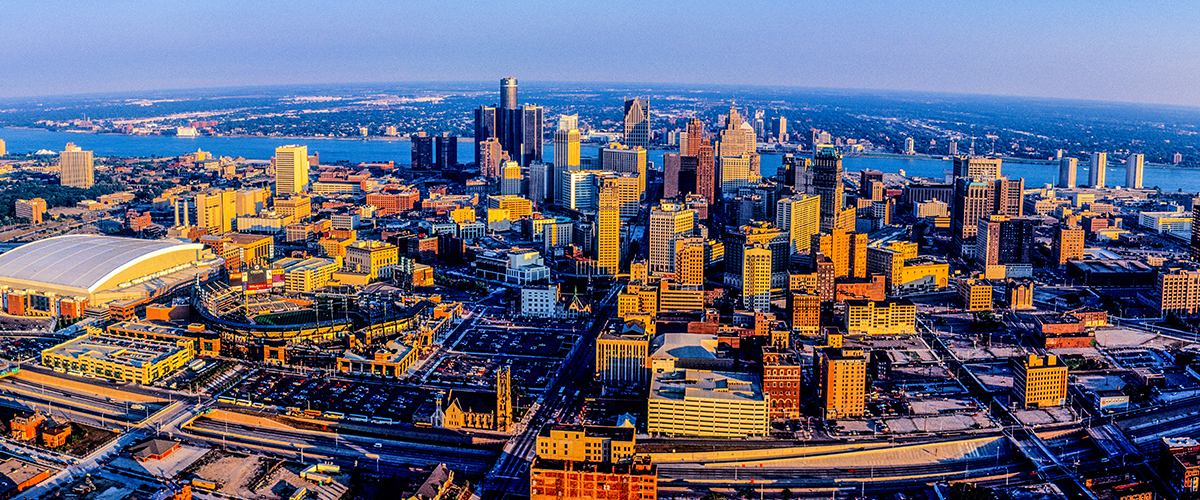Nearly 80 percent of Michigan’s municipalities have opted out of the state’s adult use marijuana industry.
Michigan’s legal adult-use cannabis market is set to open Dec. 1st. Residents in Detroit, however, will have to wait.
A large majority of rural towns in Michigan have decided to opt-out of the state’s legal marijuana market by banning the presence of dispensaries within their city limits. Surprisingly, Detroit has joined them.
Detroit’s City Council approved a ban on marijuana operations last week, just five days after the state’s Marijuana Regulatory Agency (MRA) started accepting license applications for marijuana businesses, including growers, processors, and dispensaries. Businesses that applied before the ban are still eligible for a license.
Roughly 80 percent of Michigan’s communities have banned marijuana businesses from opening. In Detroit, the ban may be temporary until at least Jan. 31. Lawmakers there have indicated they are interested in approving more nuanced regulations. Other communities may be waiting to see the market’s efficacy and will look to allow sales at a later point.
It’s only been a year since Michigan voters approved an adult use marijuana referendum. In contrast, California and Massachusetts took two years to launch their respective markets following voter approval.
Demand Likely to Outpace Supply
The marijuana legalization bill approved by Michigan voters allows those 21 years and older to purchase up to two and a half ounces of cannabis at a time and to keep up to 10 ounces at home. The law also permits the personal cultivation of up to 12 plants.
Medical cannabis businesses that are currently operational will be able to sell half of their inventory on the adult-use market, provided that it is more than 30 days old.
Adult-use licenses have yet to be awarded in the state. The state plans to award them by the end of the month.
As a result, the market’s initial operation is likely to be haphazard.
“I think the recreational marijuana that’s sold in the beginning will be quite expensive as long as demand outpaces supply,” Matthew Abel, the Executive Director of Michigan NORML, told Cannabis Business Times. “Eventually, the supply will catch up to the demand, but it’s likely to be many months before that happens.”
While the number of towns that have banned its sale might indicate resistance to legalization, Abel said that he’s found that Michigan residents are very interested in the upcoming market.
“People are definitely interested in buying,” he added.
Caregivers were initially allowed to sell cannabis to individuals but that practice has since been revised. Now they must sell it to dispensaries so that it can be tested prior to distribution.
Experts are hoping that Michigan’s marijuana market generates $180.5 million in revenue for the state in the first year. That number is expected to reach $262 million in the Fiscal Year 2023.
A 10 percent excise tax on sales will go to infrastructure and K-12 public schools in municipalities and counties that allow cannabis businesses to operate within their limits. Michigan towns are also expected to save money from no longer prosecuting marijuana offenses.
The municipalities that do not permit recreational marijuana sales will forfeit their portion of excise tax revenue.
Legalization News
Keep up with the latest cannabis industry news and marijuana law changes in Michigan and throughout the world by regularly visiting our news page.






